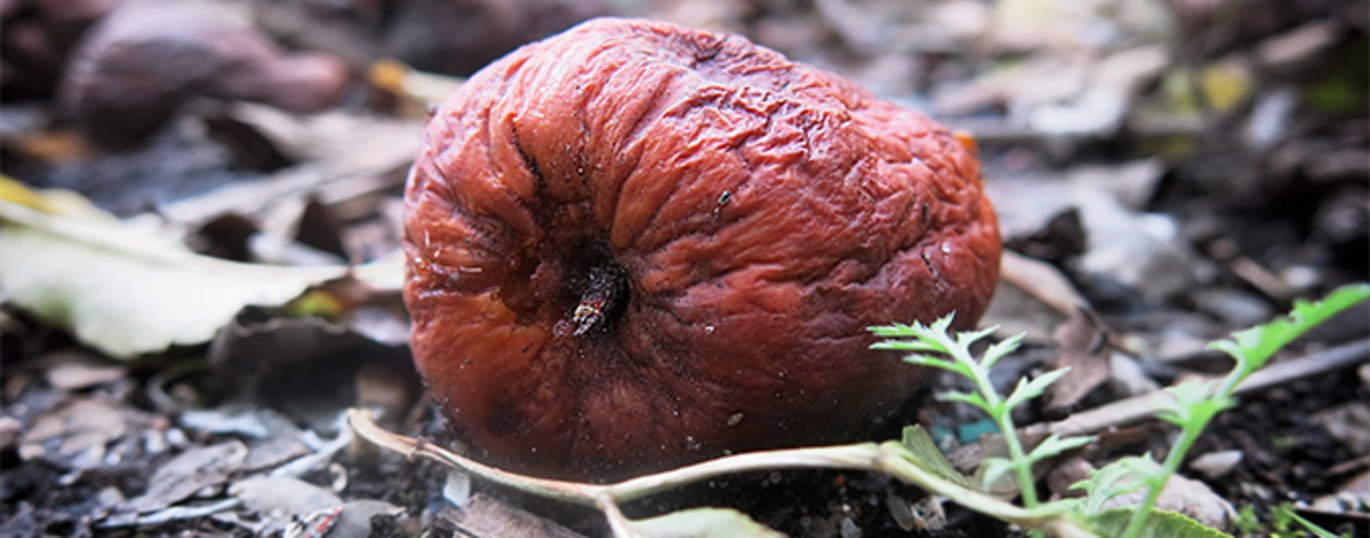Can rotten fruit be turned into cold or cow manure become a liquid fuel?
Fruit that is not suitable for consumption, cow manure, but also cheese whey or sewage sludge – these are all examples of wet waste streams produced daily in very large volumes. The partners in the SUPERVALUE project investigate how they can be utilized to produce an added value.

Daily millions of tons of different wet waste streams are produced in different sectors: food production & processing, livestock farms, municipal wastewater treatment installations, etc. Contrary to relatively dry waste streams, e.g. forestry residues, municipal solid waste converted to RDF (Refuse Derived Fuels) or wood chips / saw dust, it is not attractive, nor economically, nor from the energy point of view to dry them. The supercritical water gasification (SCWG) technology, studied in the SUPERVALUE project can convert very wet, organic waste streams into methane-rich combustible gas. This is done by pressure and temperature above the so-called critical point of water (374°C and 221 bar). In this region, the phase boundary between the gas and the liquid phase does not exist anymore, and what is the most important, water becomes a solvent for organic matter, which is not the case at subcritical or ambient conditions. Gas generated in this process can be uses for different applications.
In the SUPERVALUE project one of the tasks is to perform case studies for four different companies, producing different kinds of wet organic waste streams. The key case study concerns a fruit- and vegetable wholesaling company, who is also our project partner. They need a lot of energy to cool the storage space (approx. 5000 m2), that depending on the kind of fruit needs to be kept at temperatures between 7 and 12°C, 365 days in a year. Obviously, the highest energy consumption is recorded in the summer months, when the outside temperatures are the highest. Therefore, a preliminary conclusion after analyzing the waste production and energy consumption statistics would be to employ the SCWG technology to generate gas which can subsequently be used for fueling a cogeneration unit (simultaneous production of electricity and heat) in order to generate own electricity during peak demand. An alternative to the cogeneration unit in the case of our project partner could be an absorption cooling unit. In such units, a flow of low-temperature heat (e.g. flue gas or even hot water of 95°C) can be turned into “cold” (chilled water of ca. 8°C). This can be achieved by making use of thermodynamic properties of lithium-bromide or ammonia-water solutions. Small-scale systems are known from the camping refrigerator fueled by a small gas burner.
Another case study is being performed at a livestock farm. Each cow produces approximately 50 kg of manure per day, giving nearly 3 000 tons for the whole farm per year. Even though the farm is located in an agricultural area, by far not all manure can be used on the land as fertilizer. Also the analysis of the farm’s electricity consumption shows a different picture than the fruit- and vegetable company: the electricity consumption is nearly constant throughout the year, and its share in the costs of running the farm is secondary. However, the interview with the owner indicated, that the major costs involve the fuel for the farm machinery. Therefore, for the farm owner it would be beneficial, if the gas produced during the gasification of manure could be turned into a liquid fuel, e.g. methanol. Also this option is studied in SUPERVALUE.
Whether these solutions will be also adapted by the companies depends on the economy. Absorption cooling units are commercially available, so here it is easier to predict the payback period. Small-scale synthesis of methanol is more difficult, so this should rather be seen as a future alternative under development. Nonetheless the studies reveal the potential and different possible directions of small-scale biorefineries based on the supercritical water gasification technology.
Further information
Partners in the SUPERVALUE project include Research and Innovation Centre Pro-Akademia, Poland, Technische Universiteit Delft, Netherlands, and Fresh World Int. Sp. z o.o., Poland.
Contact
Dr. Marcin Siedlicki
Research and Innovation Centre Pro-Akademia, Poland
E-mail: marcin.siedlecki@proakademia.eu
